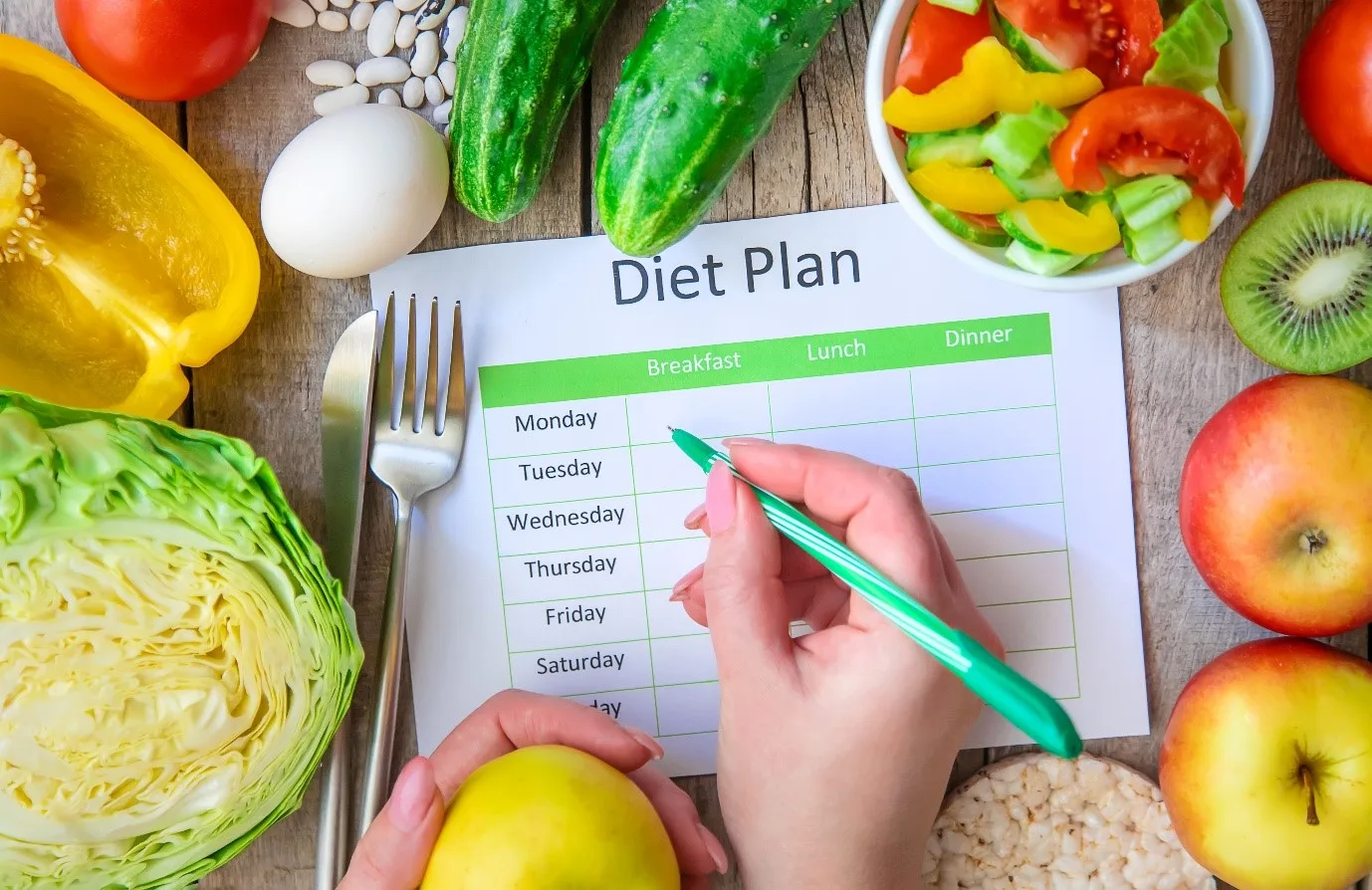DIET FOR ITCHY SCALP

Can a change in diet help you deal with an itchy scalp? Find out how to create an itchy scalp diet.
Imagine you’re on a date and feel that itchy sensation on your scalp . You might stare down at your food, wondering if your choices are to blame for it. Should you have not ordered that pasta? Would the itching disappear if you skipped dessert?
These questions might wrack your brain, leaving you perplexed as to whether there is a diet for itchy scalp. But before you jump into problem-solving mode, it’s important to understand what causes that itch.
Reasons for an itchy scalp
You feel the need to itch when your body senses an irritant on the skin. It is a response at the location of the irritation, which could be due to allergens, bacteria or even cloth fabric. So you need to identify the cause of this irritation before you use foods to stop itchy scalp. Some of these reasons are:
-
Dandruff-
This affects almost half of the people in the world, caused by a naturally occurring fungus and excessive oil build-up on the scalp. It can lead to redness, itching and flakes of dead skin cells. -
Dry scalp-
Excessive moisture loss can cause dryness on your scalp, which makes it vulnerable against the elements. This may trigger flaking and itching. -
Inflammation-
Blocked pores and poor hygiene can lead to inflammation on the scalp. Acne and inflamed hair follicles are common issues associated with an itchy scalp. -
Scalp conditions-
Scalp psoriasis or eczema are serious conditions, which are also accompanied by an itchy scalp. -
Lice-
Although rare to find as adults, lice is something an itchy scalp diet can’t really help.
Dandruff and dry scalp are the most common reasons for an itchy scalp across the world. So if you want to identify the foods to stop itchy scalp, you might want to look at these.
Diet for itchy scalp
Although you should eat a healthy and balanced diet, it’s important to remember that these can’t solve all forms of problems. Identifying the root cause of your itch can help you identify the individual foods that will help you. Make a few changes and see if your body responds favourably.
-
Fats-
We have villainised fats, believing that everything is harmful. But it’s important to get adequate amounts of omega 3 and omega 6 fatty acids into your diet. These can reduce inflammation, increase hydration, and potentially regulate sebum secretion on your skin. These are present in fish, flaxseeds, walnuts, avocados, fortified eggs, soybeans, chia seeds, etc. -
Reduce sugar-
Everyone says this, but few explain why. Excessive sugar consumption can increase your insulin levels and disrupt hormone secretion. This is associated with an increase in sebum production on your scalp and can invariably lead to dandruff. Reducing sugar intake might also help manage inflammation. -
Fruits and vegetables-
Healthy skin and a strong immune system are often linked to consumption of leafy vegetables and fruits. These contain fibres, proteins, vitamins and various essential minerals that can help you develop a stronger response to irritants. Apples and bananas are commonly consumed for their beneficial properties. -
Garlic-
This is an unlikely hero in your fight against itchy scalp, but foods that contain the compound allicin might be helpful. These are generally more effective when applied topically on your scalp, but can also boost collagen production and blood circulation. -
Zinc and Biotin-
If you want to find foods to stop itchy scalp, search for those with zinc and biotin. This is important in your fight against ailments like dandruff, as zinc can help regulate the sebum levels on your skin and boost the immune system. Biotin is a type of vitamin B which helps with the ready absorption of zinc. Oysters, dark chocolate, eggs, yoghurt, tomatoes, etc. can help you with this. -
Reduce milk, refine carbs and alcohol-
Unlikely combination of things to avoid, but these are all foods to stay clear of. Milk and dairy products can contain hormones that mess with your sebum production. Alcohol can potentially decrease the amount of zinc and vitamin B in your body, further disrupting sebum secretions. And refined carbs are tougher to digest and can increase insulin levels in your body. -
Hydrate-
Drink water. If you want to keep your body cool and hydrated, it’s important to never ignore this. We all think that we’re getting enough water, but we’re usually not. If your body overheats, it can increase the amount of sebum secreted and lead to an increase in dandruff.
It’s important to create a healthy diet that can boost your immune system and counter any scalp itch. But these are all long-term solutions. You can’t get immediate relief from apple cider vinegar for itchy scalp, unless you pour it onto your head.
To soothe the itch, you need to either use an itchy scalp home remedy or a product like the Head and Shoulders Neem . This product uses ingredients from nature to clean and protect your scalp. And if you want a moisturising effect, you can use the Head and Shoulders 2 in 1 Active Protect . This has the combined benefits of a shampoo and conditioner, which can restore damaged hair strands and protect against dandruff causing germs.



